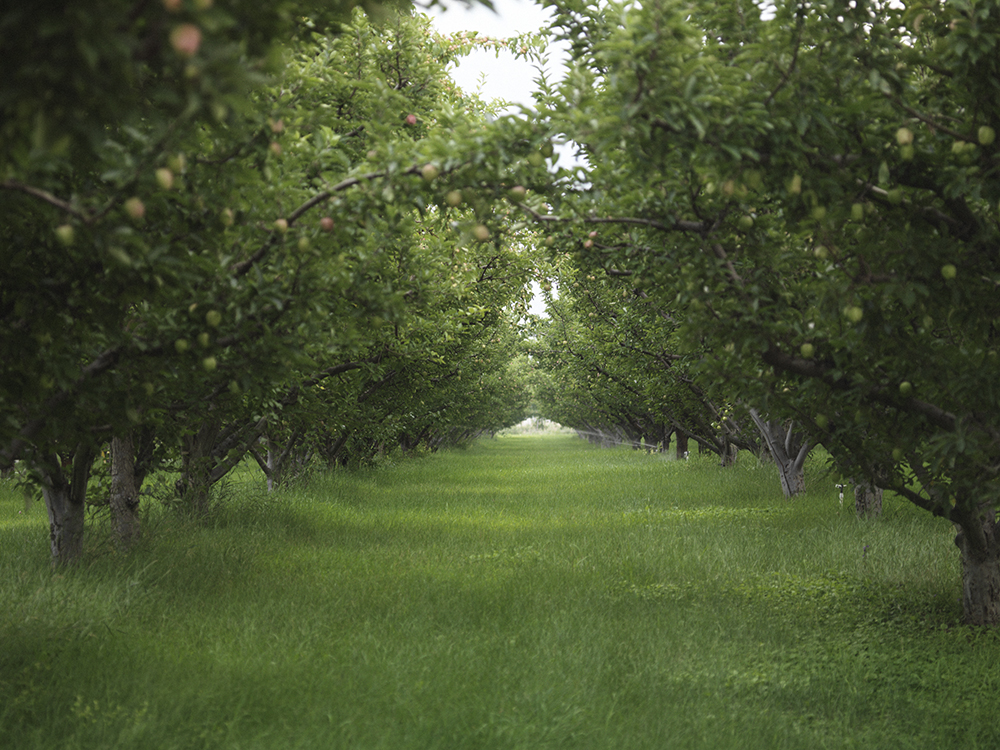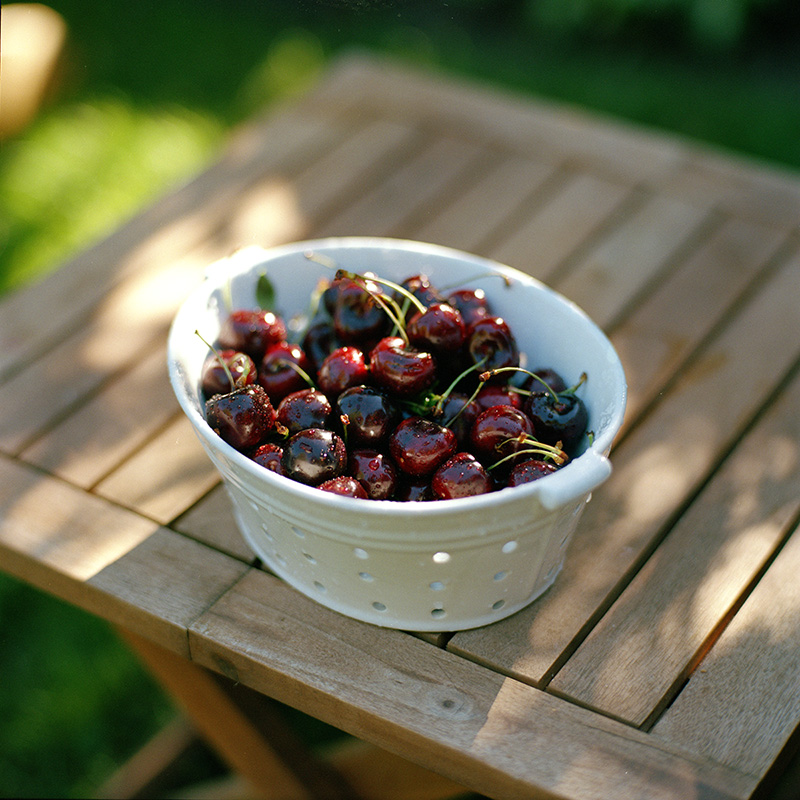
Organic food is something I don’t know much about – of course, that never really slowed me down in terms of making comments. I don’t go out of my way to buy organic unless it is bananas which, for some reason unknown to me, always seem to last longer and taste better.
Here are a few issues with organic: One, the grocery store (nearby me, independent, they have local produce unlike the Safeway not too much further away that brings in produce based on their supply chains in the USA. We get cranberries from Massachusetts. We have some of the largest cranberry bogs in North America about a 40-minute drive from my house. Yeah) …anyway, my local grocer – has organic produce but because they fear that people will try to pass it off as non-organic and pay the lower prices – have it wrapped in all kinds of plastic and labels.
I would sooner eat food from a non-organic farm or not at all than have to deal with the sort of packaging they put on that stuff. It’s organic, but it’s also encased in plastic. Kind of ironic, really.
Generally, I like local, fresh, and recognizable produce. Seasonal is nice, too. Raspberries in January are going to be expensive and unimpressive, no matter how cool it is to see them in the store. How they grow them, pick them, package them, fly them from Bolivia to Vancouver, drive them to the grocery store, stock them, and mark them up for less than a zillion dollars a pint is beyond me. But I ask the same questions about Australian wine.
Back to organic. I have had great organic produce. I have had some really forgettable organic food, too. I just wish I understood it better.
The bananas, though. They’re tasty.

